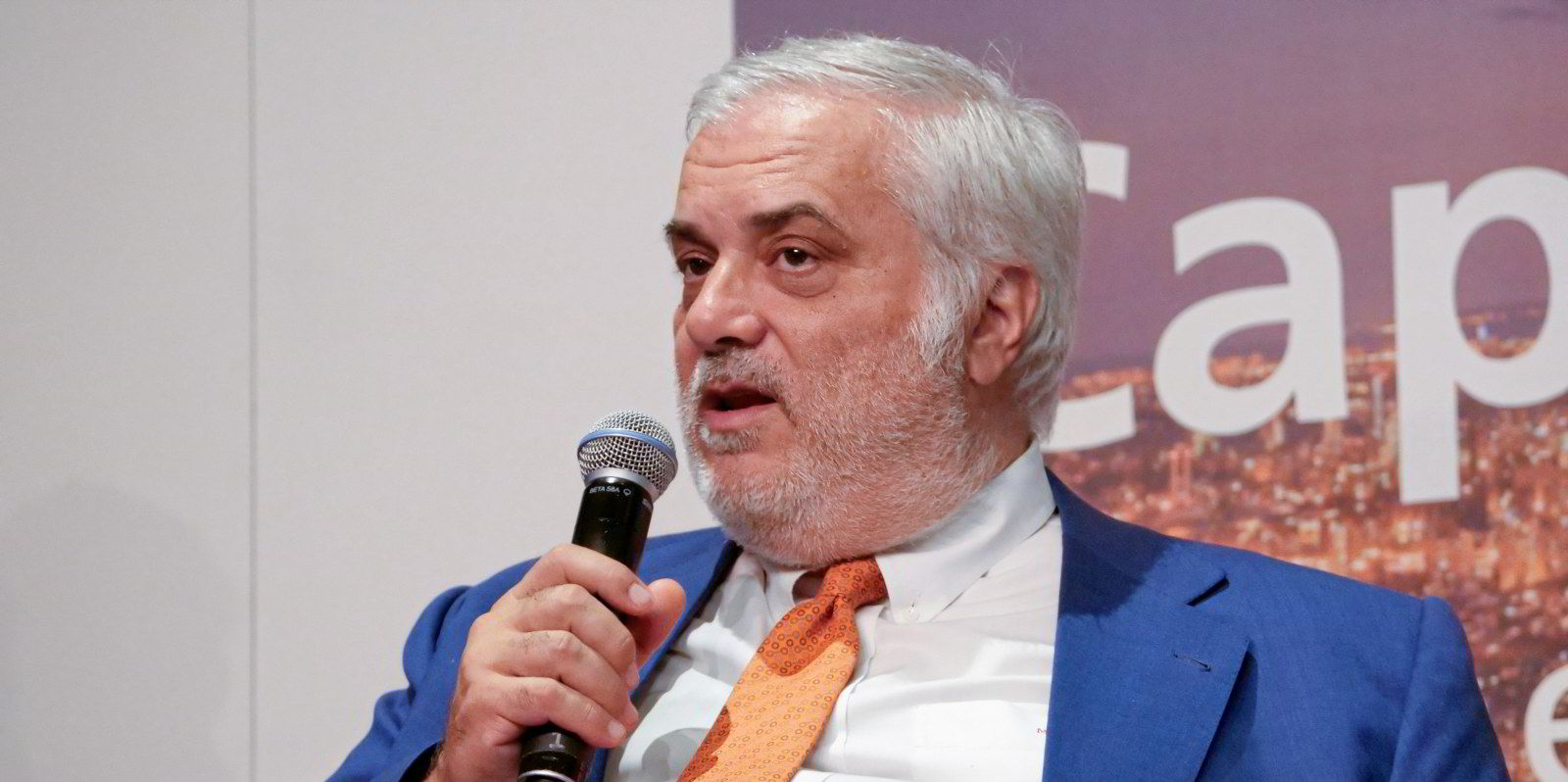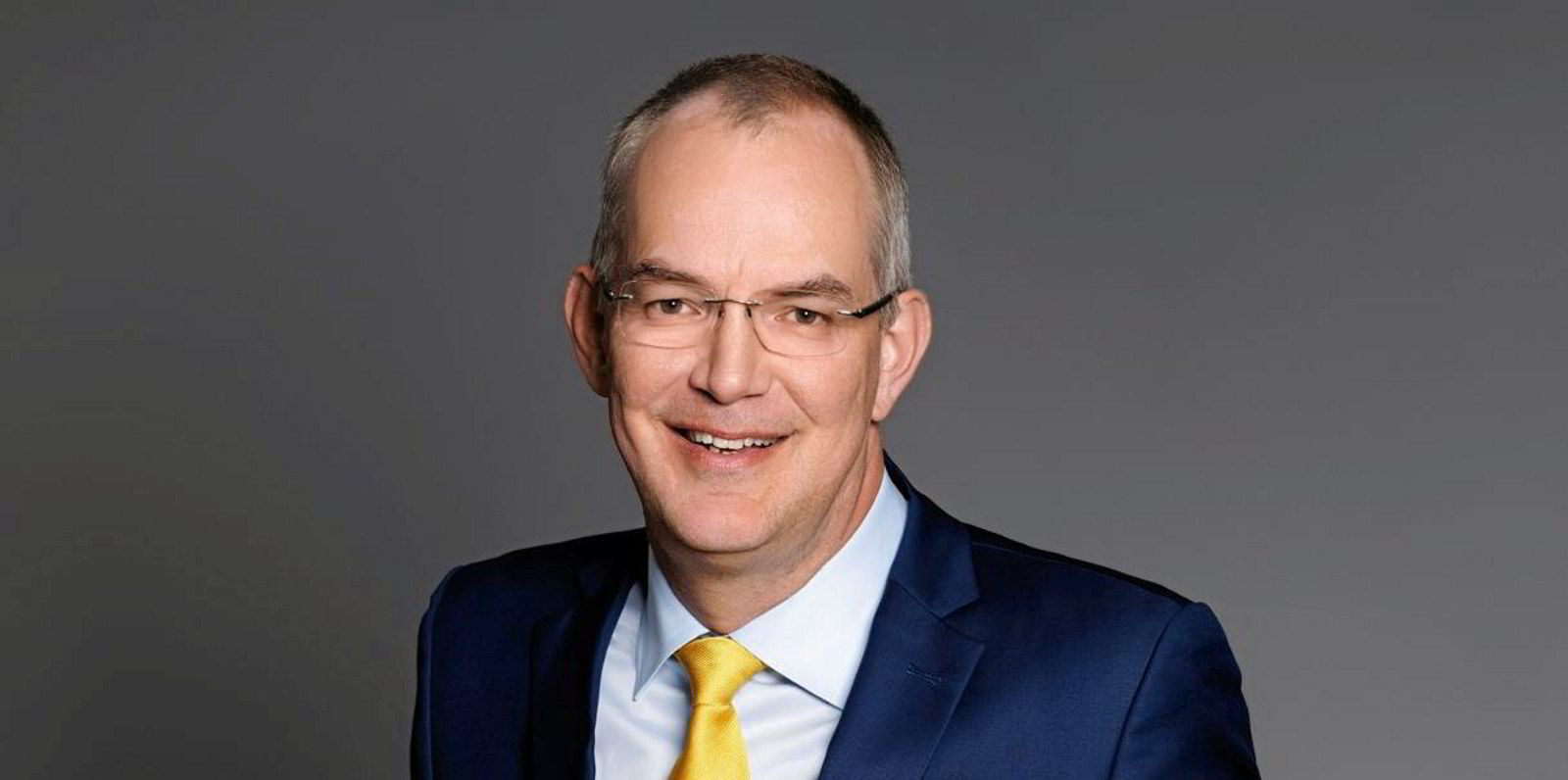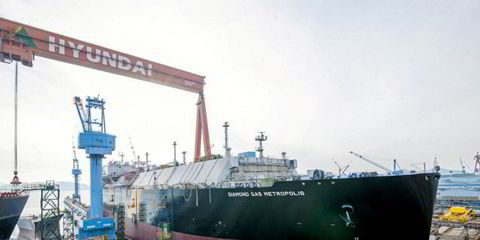Shipowners who piled into hot sale-and-purchase markets to acquire tankers will not regret it, according to Marco Fiori, chief executive of Premuda.
The Italian product carrier company’s boss told a Capital Link conference in London that his company had been active in adding ships in the last two or three years.
Premuda has bought five MR tankers since the start of 2022. All are built between 2016 and 2019.
“Some owners thought we were too aggressive but I think we were right,” Fiori said.
“I think people who have been buying ships did very well, especially modern ships,” he added. “You won’t regret it.”
And Fiori told delegates: “I think we’re going to end with the good benefit, essentially, because the ship prices totally moved.”
Jeff Pribor, chief financial officer of US tanker owner International Seaways, said his company will not be investing in additions.
“We achieved our fleet renewal and growth more at the bottom of the cycle,” he added.
The CFO explained that for the last four or five quarters, International Seaways has been allocating virtually all of its free cash flow to either returns to shareholders or incremental deleveraging.
“So we really haven’t been and would be relatively reluctant to make investments in assets right now. A, because we don’t need to and B, because in general they’re expensive and the right capital allocation is to those other areas,” Pribor said.
Ready to strike
“But we’ve always said that when there’s a fairly specialised, shall we say, or unique value proposition, then we will put our money there,” he added.
Lars Barstad, CEO of Frontline, told the seminar he does not see newbuidings as a viable proposition.
“The clear answer is we would just go out in the secondhand market and buy whatever you can get hold of. The thing is that there is nothing really offering a price discovery in the secondhand market, particularly in the modern secondhand market,” he said.
The CEO added: “It’s extremely difficult to go about.”
Barstad argued that shipowners have a tendency to either sell when they are in panic mode and facing bankruptcy, or opportunistically.
With fundamentals looking strong, “people are just holding on to their assets”, Barstad said.





